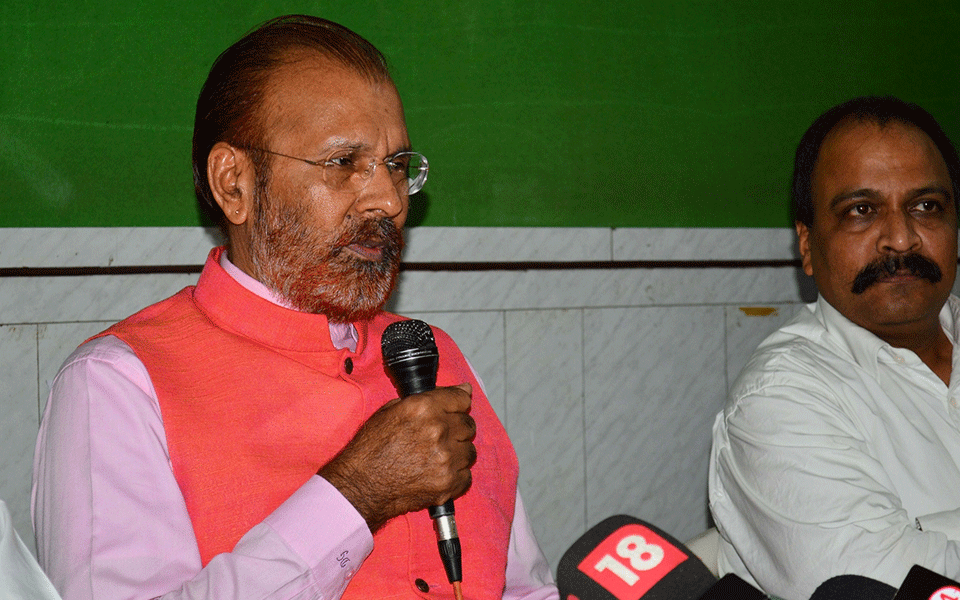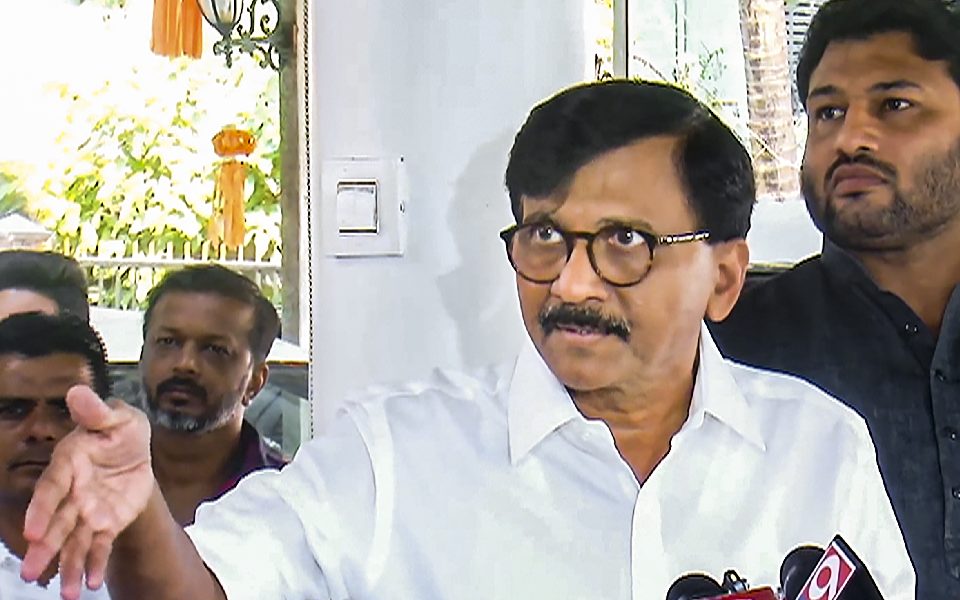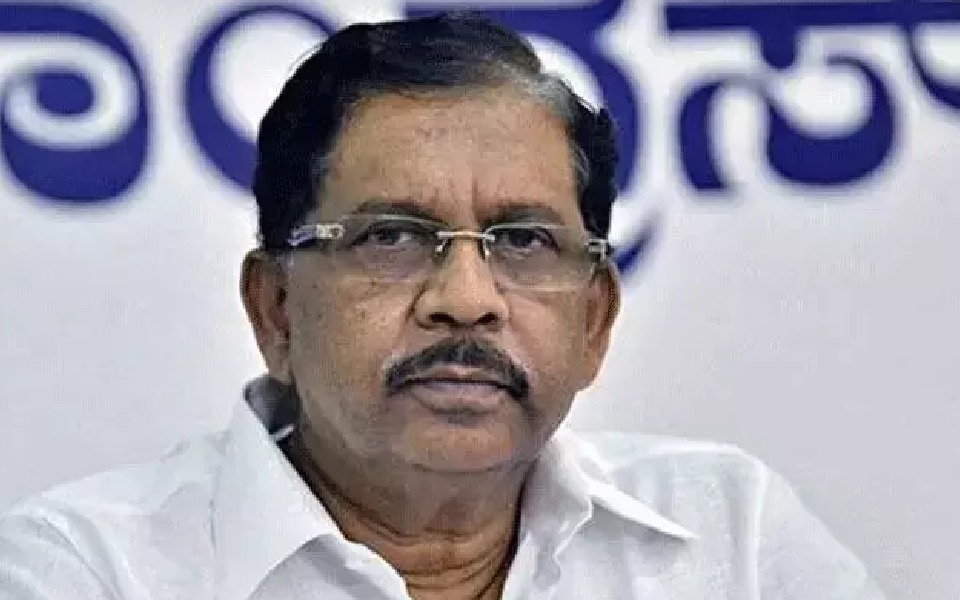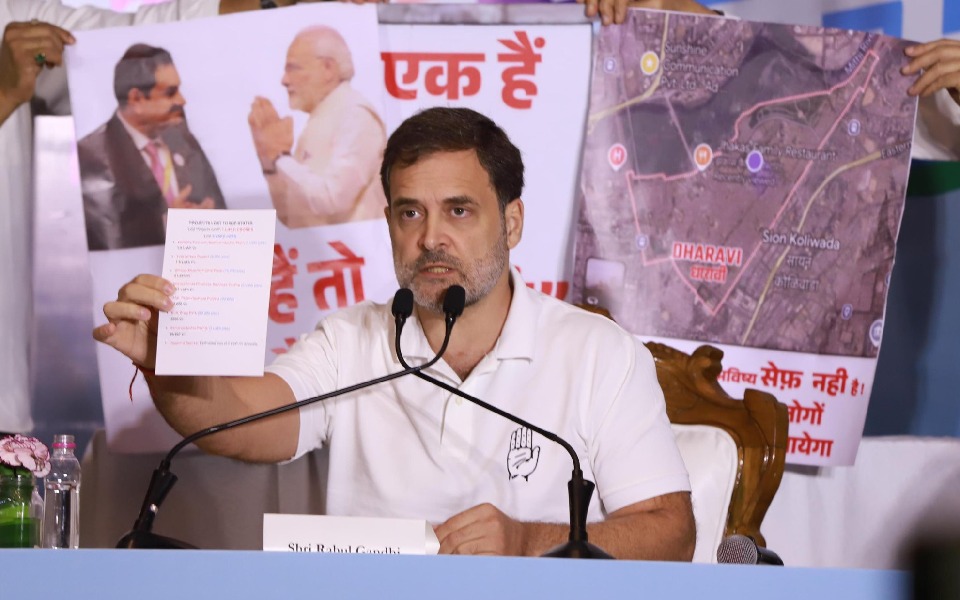Ahmedabad, June 5: Gujarat's former Deputy Inspector General of Police D.G. Vanzara on Tuesday told a special court that the CBI wanted to arrest then Chief Minister Narendra Modi and then Minister of State for Home Amit Shah in the Ishrat Jahan fake shootout case.
Arguing for Vanzara in a discharge petition filed in the CBI court presided over by J.K. Pandya, his counsel V.D. Gajjar claimed that though the Central Bureau of Investigation intended to arrest Modi and Shah, "fortunately" it did not happen.
While Modi is now the Prime Minister of India, Shah is the President of Bharatiya Janata Party.
Vanzara, who is out on bail in the case, had earlier submitted in the same court that Modi was secretly questioned by the case Investigating Officer when he was the Chief Minister.
The CBI had given a clean chit in 2014 to Shah on grounds of "insufficient evidence".
In June 2004, Mumbai-based 19-year-old Ishrat Jahan, her friend Javed alias Pranesh, and Pakistani nationals Zeeshan Johar and Amjad Ali Rana were gunned down by a team of Vanzara's men in a gun battle on the outskirts of Ahmedabad.
Ishrat Jahan and her friends were dubbed terrorists out on a mission to assassinate the then Chief Minister Narendra Modi. However, subsequent CBI investigation concluded that the shootout was fake.
Vanzara's lawyer on Tuesday claimed that the charge-sheet against his client in the case was "concocted" and that there was no prosecutable evidence against the former police officer.
He also said that the testimony of witnesses could not be believed as some were earlier among the accused in the case.
The CBI opposed the discharge plea of Vanzara. Another co-accused and senior police official N.K. Amin too has filed a discharge plea in the same court and hearing on it concluded last month.
In his final submission in the court, Amin, a retired SP and now a practicing lawyer, claimed that Satish Verma, the Gujarat cadre IPS official who assisted the CBI in the investigations, had "tampered with the evidence" and maintained that he had "never fired from his gun".
Both former police officers had also sought parity with former in-charge DGP P.P. Pandey, a co-accused who was discharged by the court.
The court posted the matter for next hearing on June 15.
Let the Truth be known. If you read VB and like VB, please be a VB Supporter and Help us deliver the Truth to one and all.
Mumbai, Nov 25: Shiv Sena (UBT) MP Sanjay Raut on Monday demanded a re-election in Maharashtra using ballot papers, claiming there were irregularities with the electronic voting machines (EVMs).
Talking to reporters, Raut alleged several complaints about EVMs malfunctioning and questioned the integrity of the recently held elections.
The BJP-led Mahayuti won 230 out of 288 seats in the assembly elections, while the opposition Maha Vikas Aghadi managed 46 seats, with Shiv Sena (UBT) winning just 20 out of 95 seats it contested.
"We have received nearly 450 complaints regarding EVMs. Despite raising objections repeatedly, no action has been taken on these issues. How can we say these elections were conducted fairly? Hence, I demand that the results be set aside and elections be held again using ballot papers," Raut said.
Citing some instances, he said a candidate in Nashik reportedly received only four votes despite having 65 votes from his family, while in Dombivli, discrepancies were found in EVM tallies, and election officials refused to acknowledge the objections.
The Sena (UBT) leader also questioned the credibility of the landslide victories of some candidates, saying, "What revolutionary work have they done to receive more than 1.5 lakh votes? Even leaders who recently switched parties have become MLAs. This raises suspicions. For the first time, a senior leader like Sharad Pawar has expressed doubts about EVMs, which cannot be ignored."
Asked about the MVA's poor performance in the elections, Raut rejected the idea of blaming a single individual.
"We fought as a united MVA. Even a leader like Sharad Pawar, who commands immense respect in Maharashtra, faced defeat. This shows that we need to analyse the reasons behind the failure. One of the reasons is EVM irregularities and the misuse of the system, unconstitutional practices, and even judicial decisions left unresolved by Justice Chandrachud," he said.
Raut stressed that though internal differences might have existed within the MVA, the failure was collective.
He also accused the Mahayuti of conducting the elections in an unfair manner.
"I cannot call the elections fair given the numerous reports of discrepancies in EVMs, mismatched numbers, and vote irregularities across the state," Raut said.





